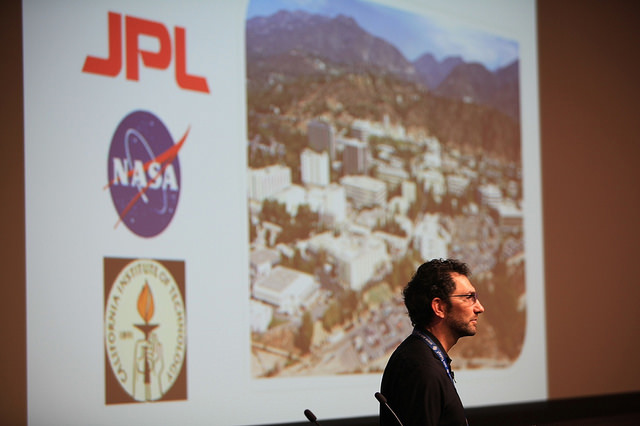We have news that may be some relief to international students across the United States.
Today, Wednesday, July 8, 2020, Harvard and the Massachusetts Institute of Technology (MIT) filed a lawsuit in District Court in Boston against the Department of Homeland Security (DHS) and U.S. Immigration and Customs Enforcement (ICE), challenging new guidelines that prohibit international students from taking online classes during the upcoming fall semester.
The lawsuit seeks a temporary restraining order, preliminary, and permanent injunctive relief to bar the Department of Homeland Security and Immigration and Customs Enforcement, from enforcing recent federal guidelines just announced on Monday, that prohibit international students from attending U.S. colleges and universities offering only online instruction during the upcoming Fall 2020 semester.
As our loyal followers know, early this week, Immigration and Customs Enforcement issued a news release introducing a new set of guidelines for international students who will take courses in the U.S. during the upcoming fall semester.
Among the new guidelines, we learned that F-1 and M-1 students will be prohibited from taking courses entirely online during the fall semester. The announcement stated that the Department of State would not issue visas to students enrolled in schools and/or programs operating entirely online, and Customs and Border Protection would not allow such students to enter the United States.
International students in the United States enrolled in schools and/or programs operating entirely online were only given two options (1) depart the United States or (2) take other measures such as transferring to a school with in-person instruction to remain in lawful status.
 Visa Lawyer Blog
Visa Lawyer Blog










